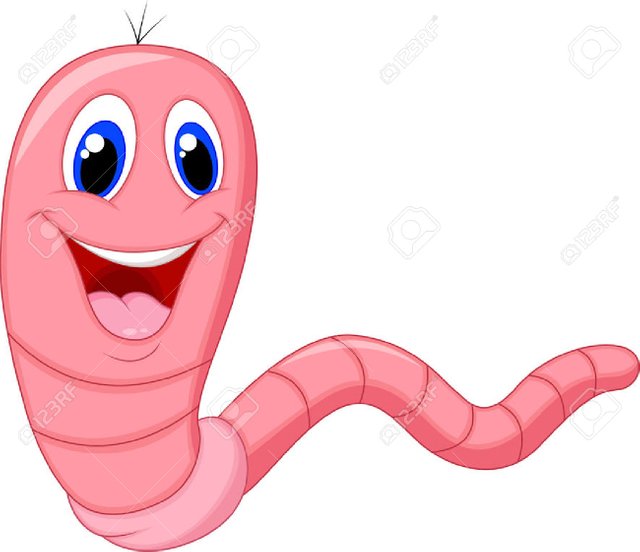Earthworm Farming: What type of worm?
An earthworm is an earthworm - well, that was what I thought when starting my journey to know more about earthworm farming. I quickly discovered that composting worms are not the same as common garden worms.
As a matter of fact, I should not be using the garden worms at all.
And the reason is because of their different worms for different causes. You will find the Earthworker, the Root dweller and then of cause the Compost worm - the one I am interested in. They live in the first 12 cm of topsoil on a rich diet of rotting vegetable matter, but they don't eat soil - you won't find them in normal garden soil.
Just as I thought I got it under control, it came to my attention that there are 4 species of compost worm.
Luckily the literature and opinions of the experts agree in their recommendation that the Red Worm (Eisenia foetida) is the one to own.
Red worms are nature's ultimate composting worm and a great pick for worm farms. Red worms go by many names. They're often called red wigglers, tiger worms, manure worms, composting worms, and the trout worms. Whatever you call them they're among the best composting worms available.
Unlike your everyday night crawlers, they live well in close, highly populated conditions and don't burrow. In nature, you would almost never find a red wiggler worm heading deep underground. They are very good at producing worm castings and can eat up to their own body weight a day under ideal conditions.
Another reason that raising red worms is easy is that they breed exponentially.
In ideal conditions, they will reach sexual maturity six weeks after hatching. Once mature they will reproduce every week producing a cocoon which will contain 3 to 7 worms. In a nutshell, your population of worms will double every 6 to 8 weeks. A thousand red worms can easily reproduce to a quantity of over 1 million within two years. This would depend on them having enough food, space and good living conditions.
Sources:
https://www.omlet.co.uk/guide/worm_composting/about_worms/earthworm_types
http://home.howstuffworks.com/vermicomposting1.htm
http://www.worm-farm.co.za/red-worms-for-sale.html
http://www.wormfarmfacts.com/Red-Worms.html

I considered getting a small worm farm going a few years ago. I guess some small-scale pre-built containers for worms have a spigot or tap that allows you to get "worm tea" from your farm periodically.
I never got any red worms, but I'd like to do it some day. There is a "worm farm" pretty close to me that sells the compost. I think people interested in the activity should look up a local "farm" like that and go visit to see how it's done.
It is pretty amazing to see nature recycling its wastes.
@krabgat Do you think the Mars explorers will have it hard? What if people go to another planet and they don't take with them all of the decomposition food chain? The flies, buzzards (carrion birds), the microbes and bacteria ... what would Mars look like in a few generations if there was no biological ♻️ recycling?
We see the same problem with some man-made plastics which last soooooooo much longer than the things that eat it. Our oceans are becoming contaminated by unrecycled waste products.
God save us!
Thanks for the article, Worms were my very first business @ 8 years old.
I picked them, and for the most part, my Mother (stay at home ) sold from our house to fishermen @ 50 cents a dozen.
WE lived on a road that follows lake Ontario, so lots of drive by business.
$30 or so a week was great money for the early 70's :-)
It sounds like a nice memory!